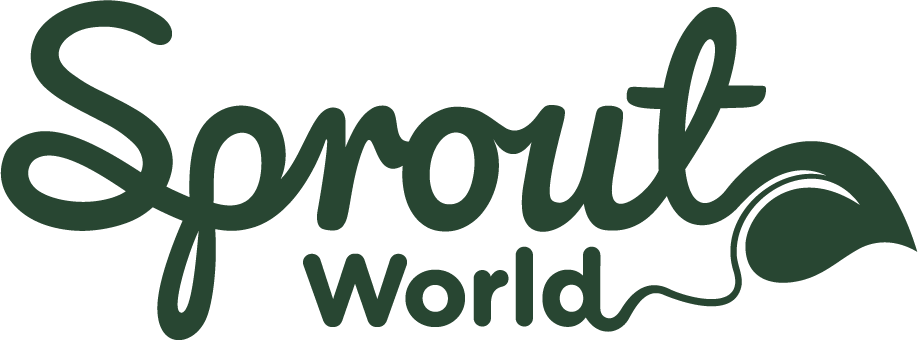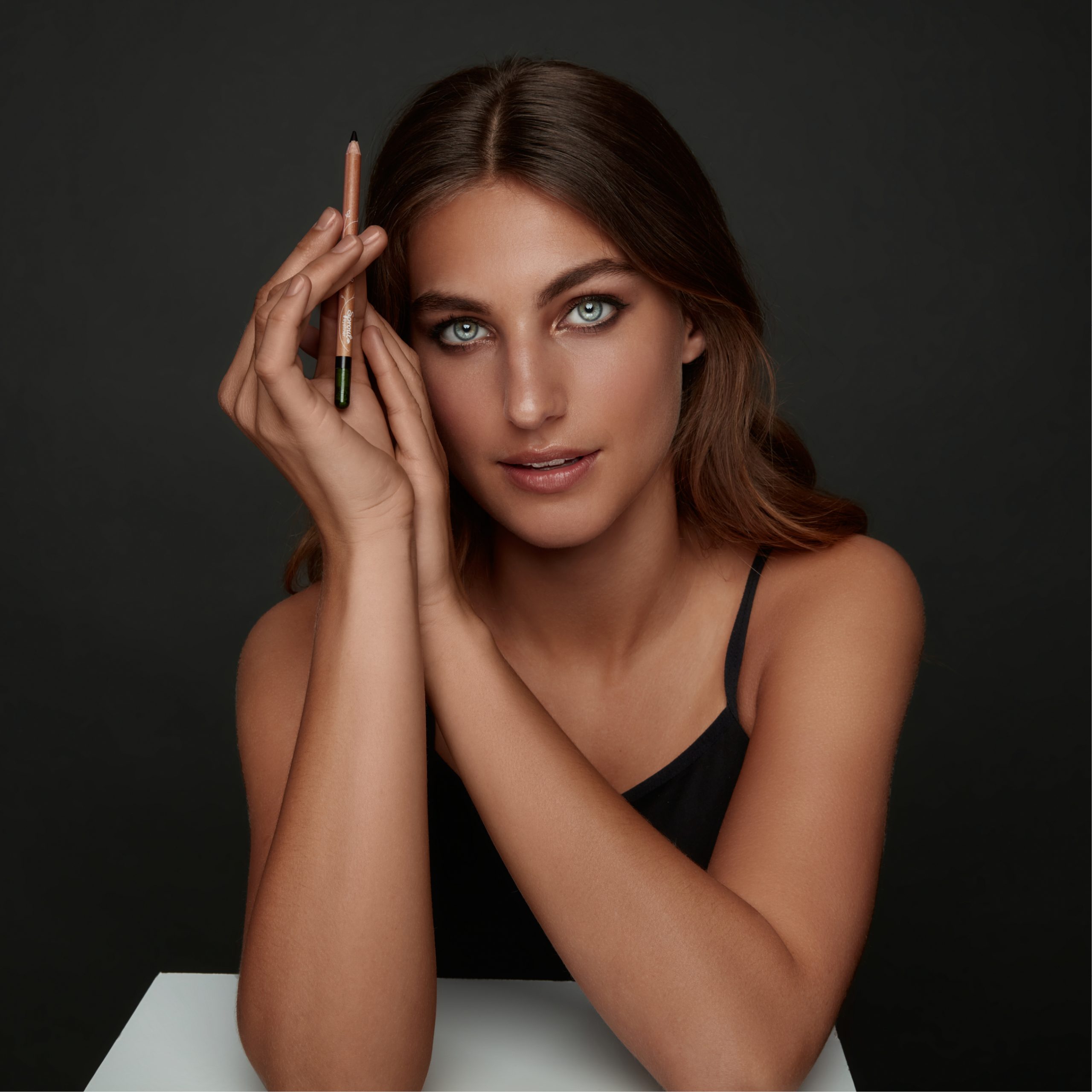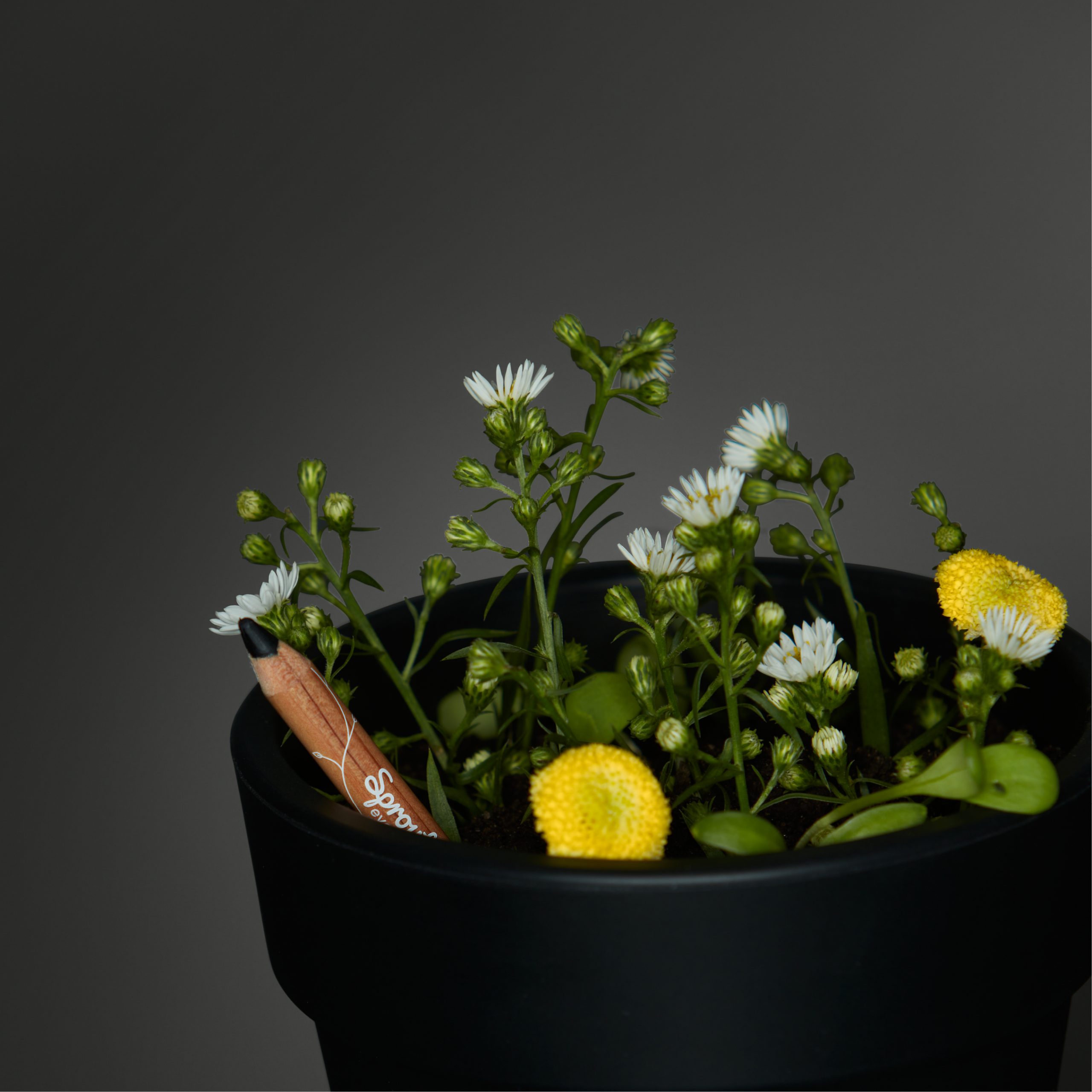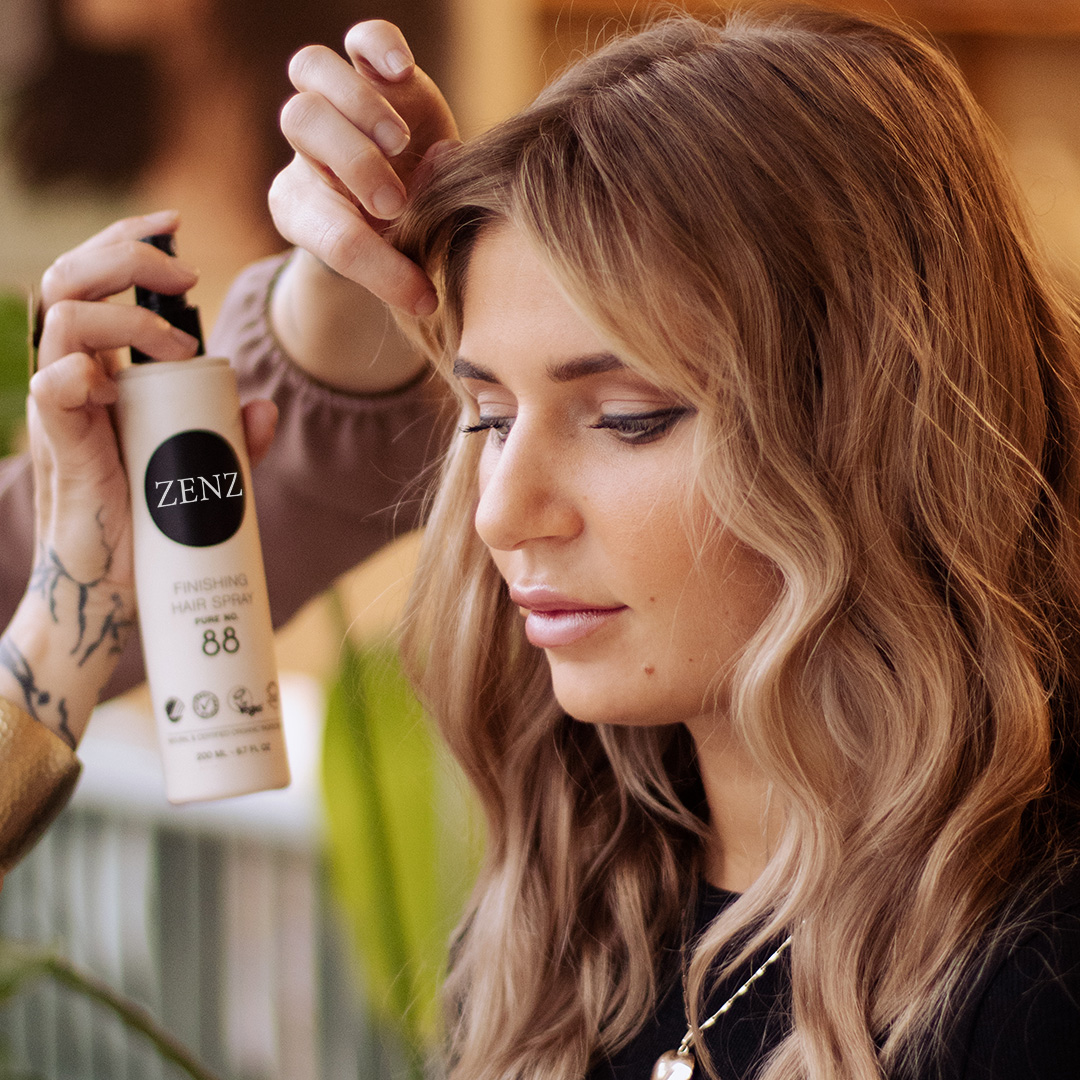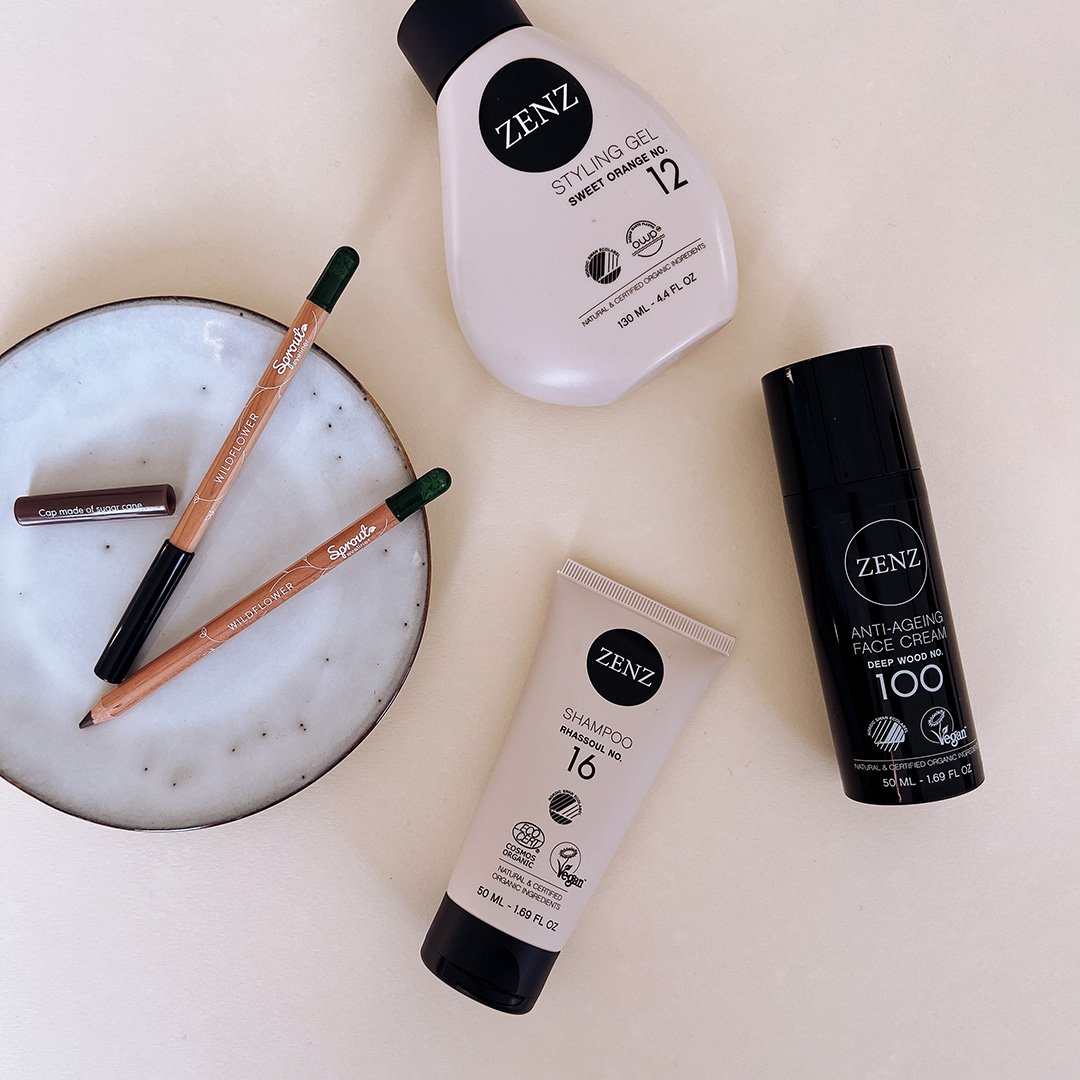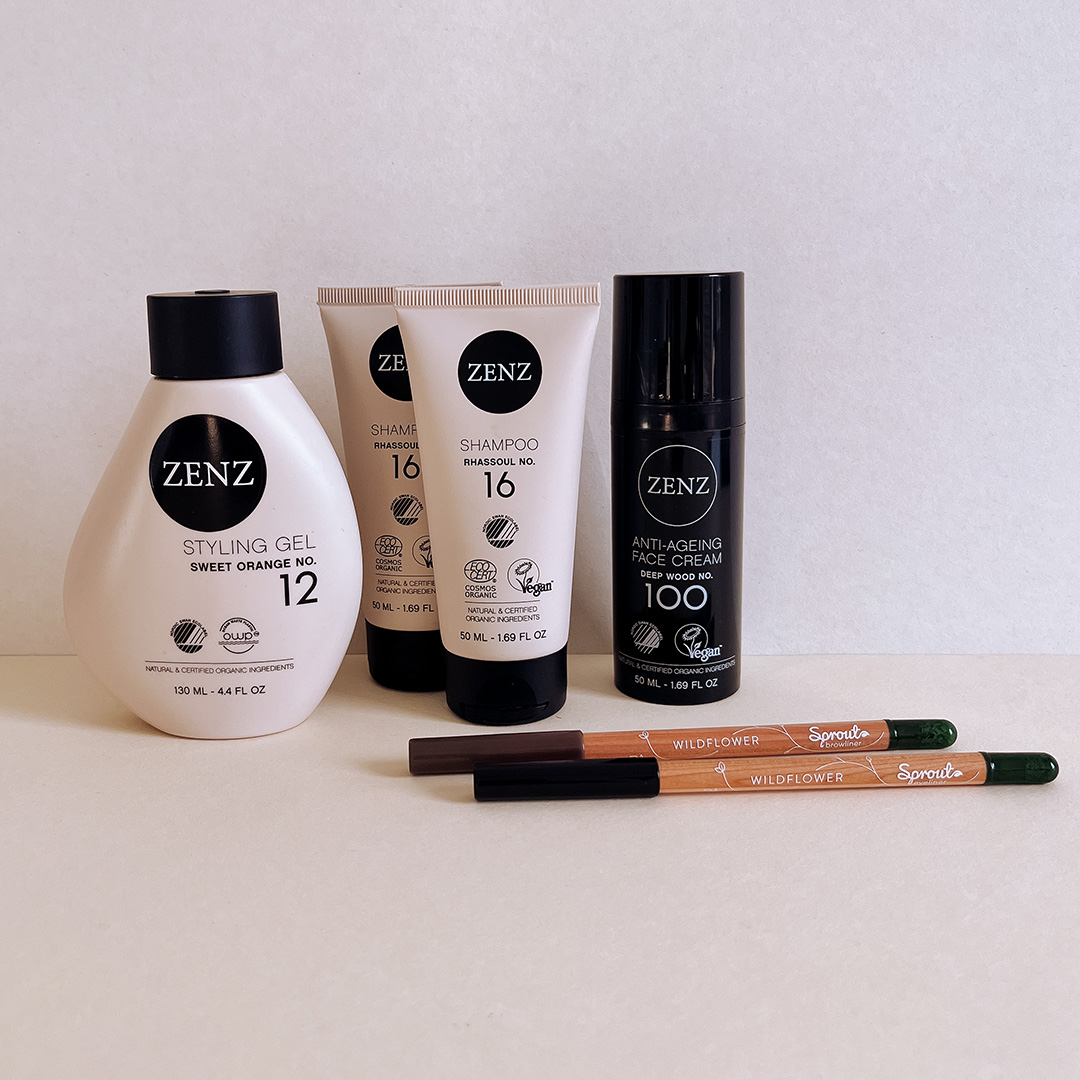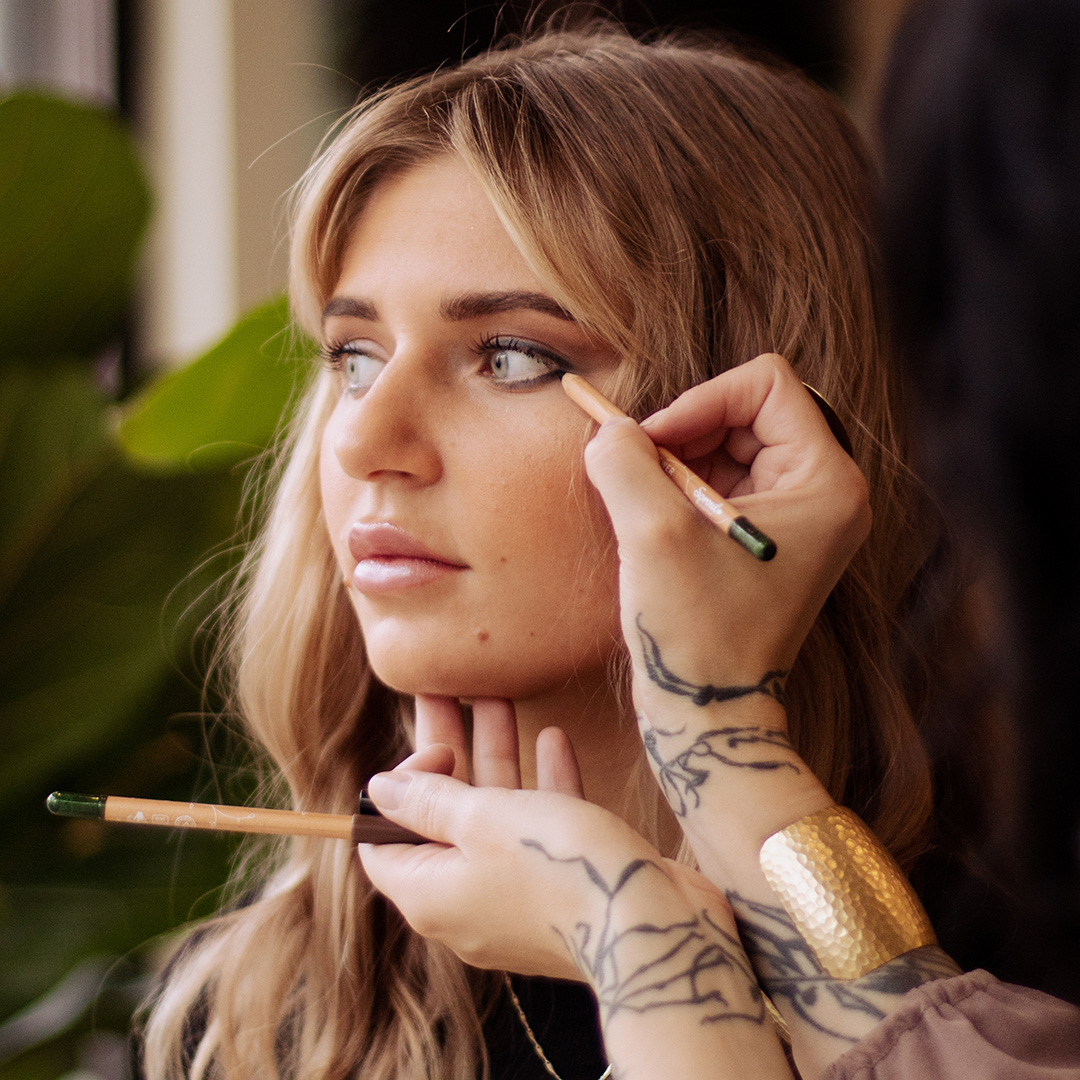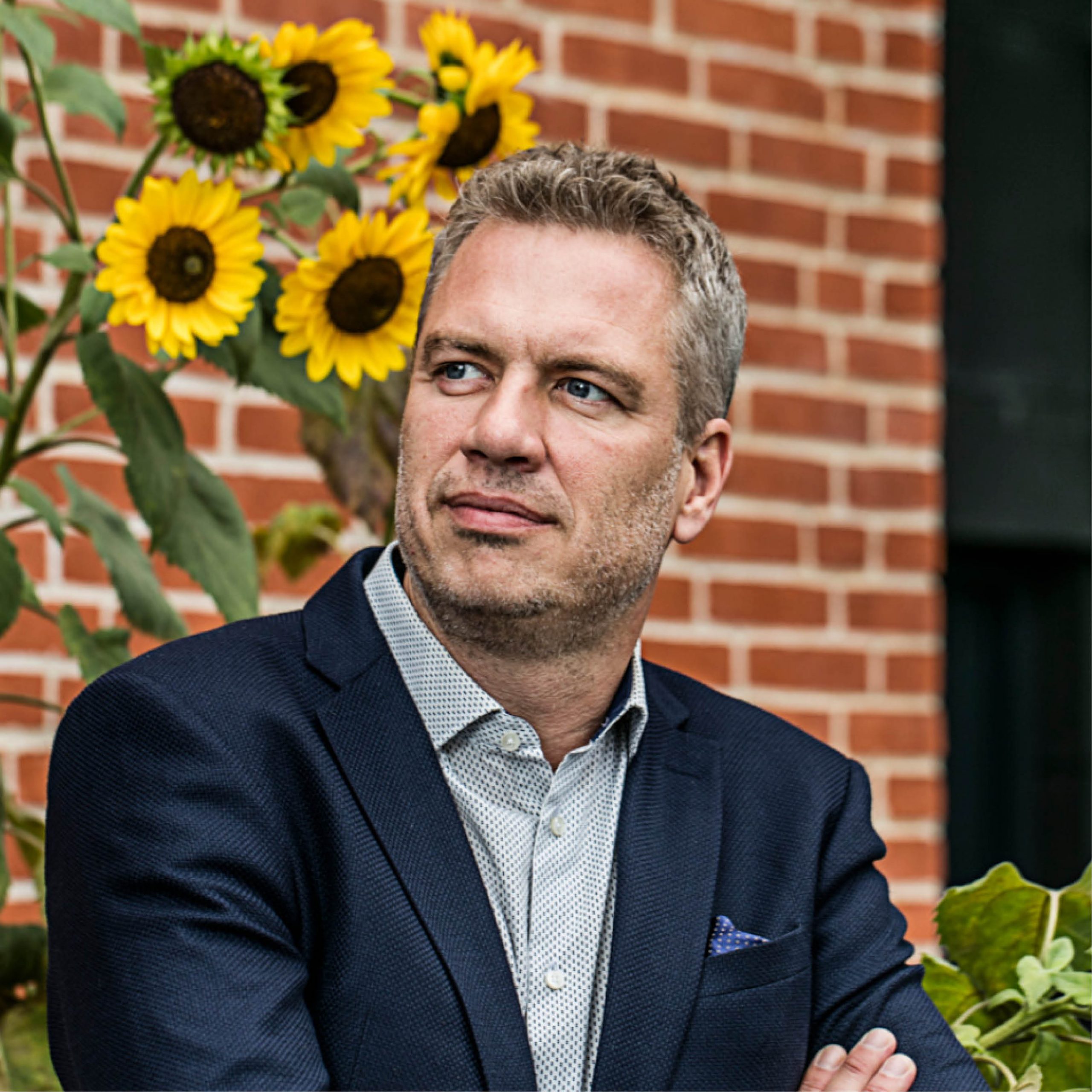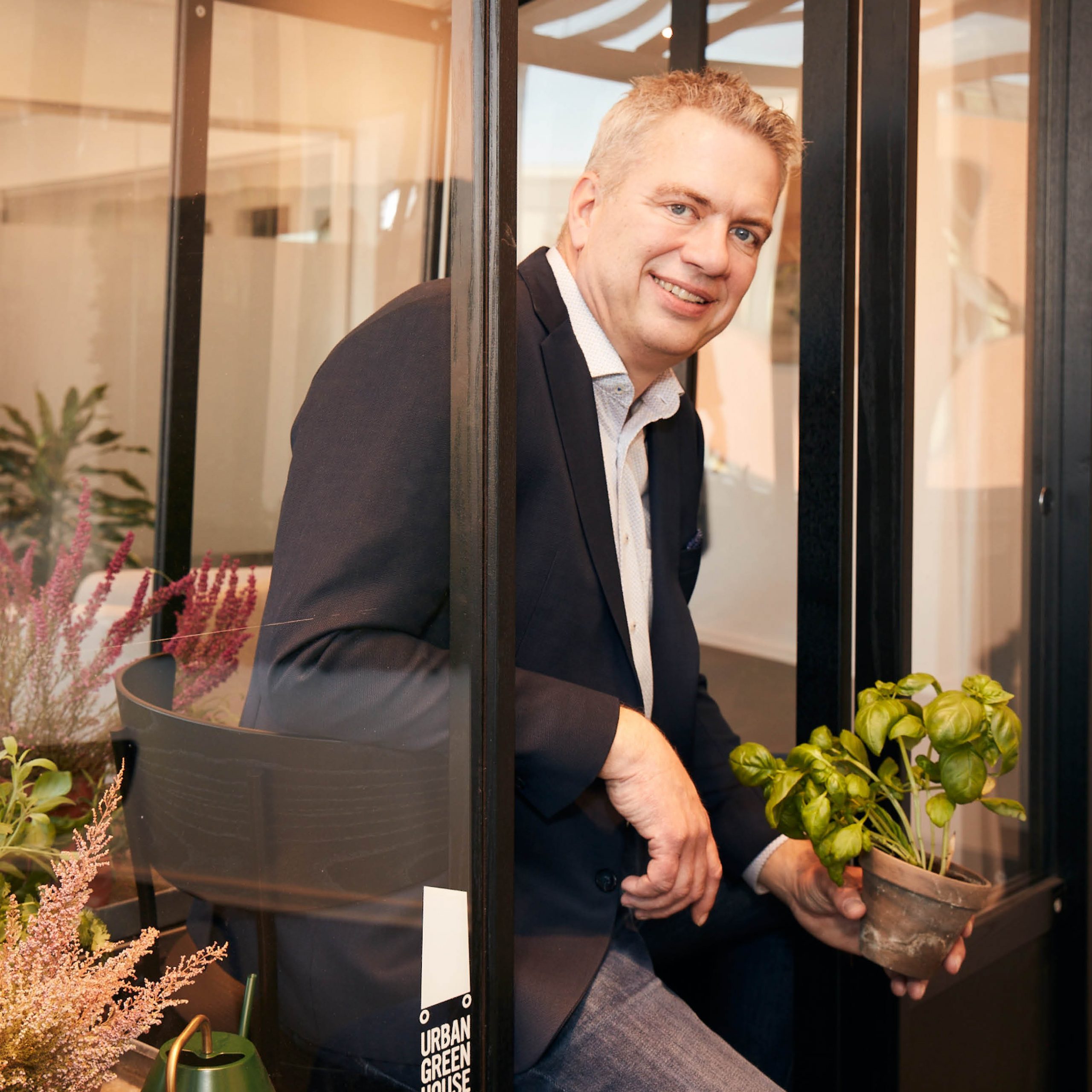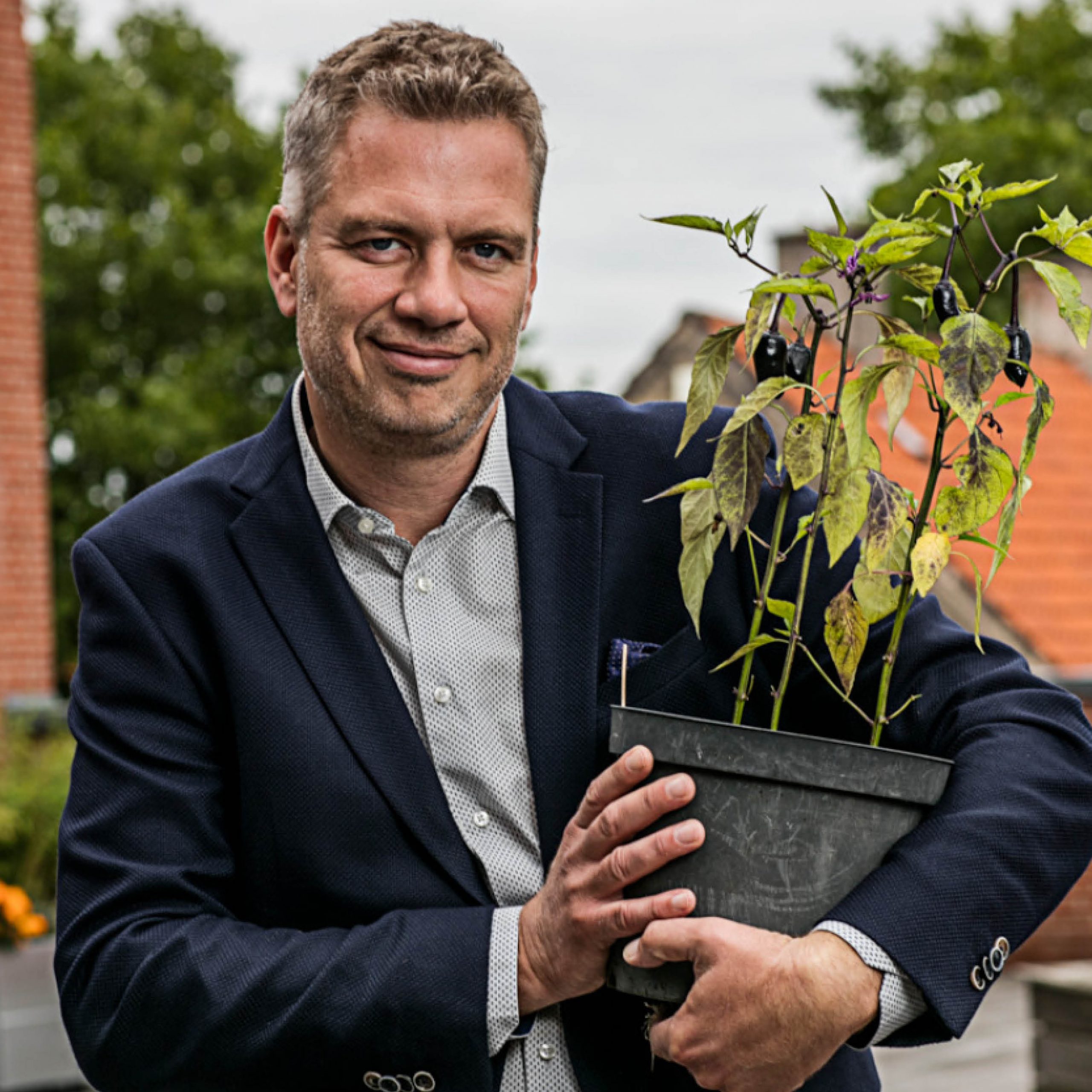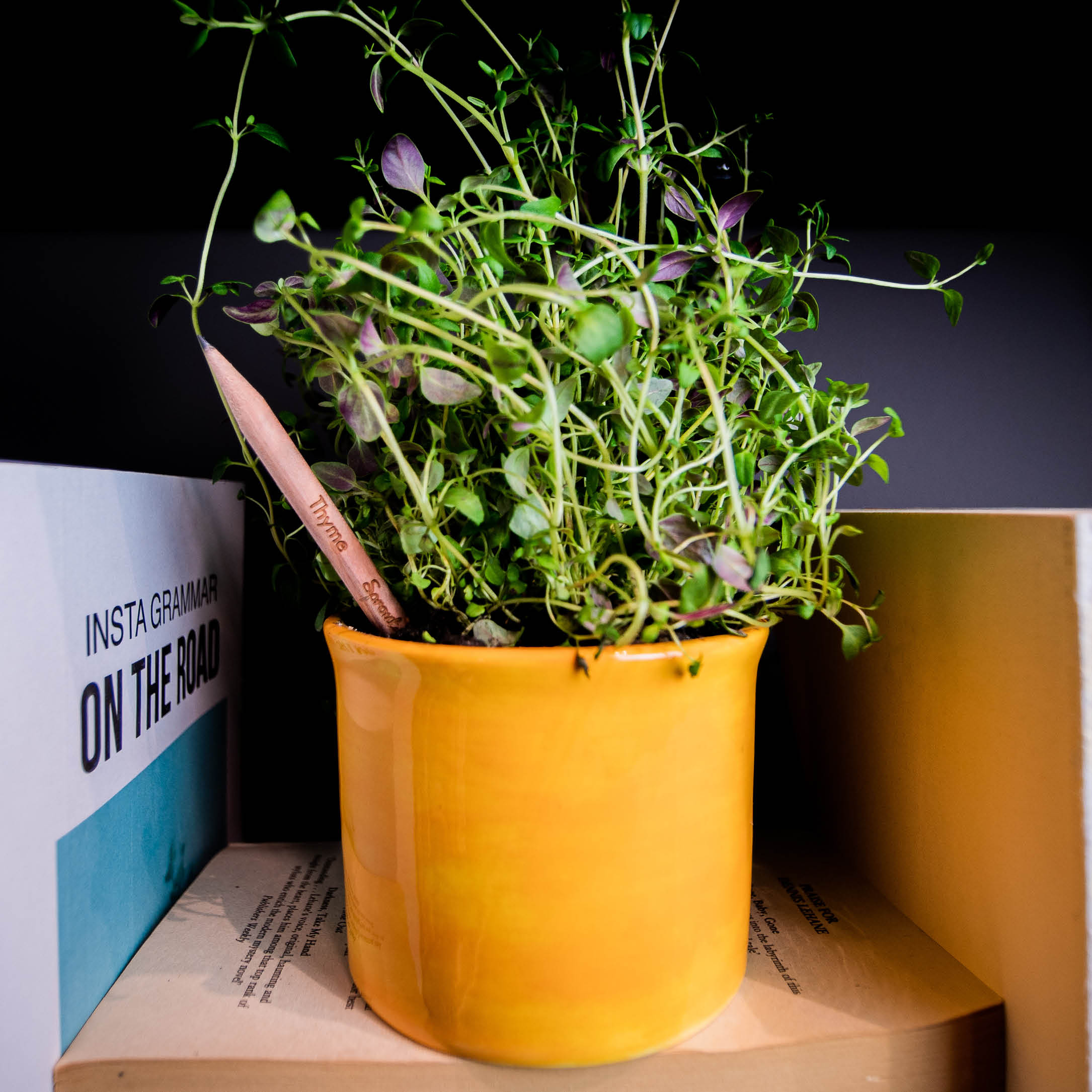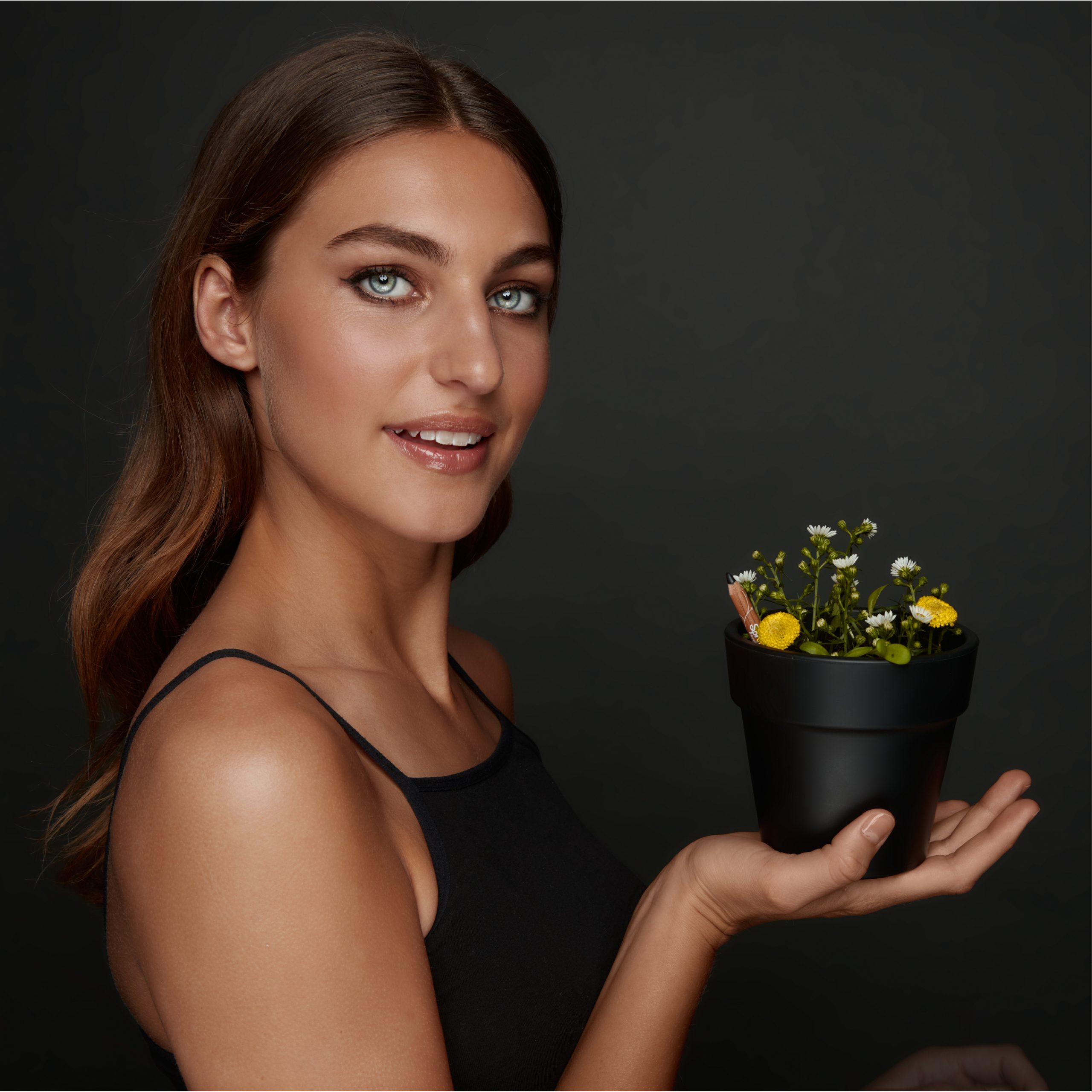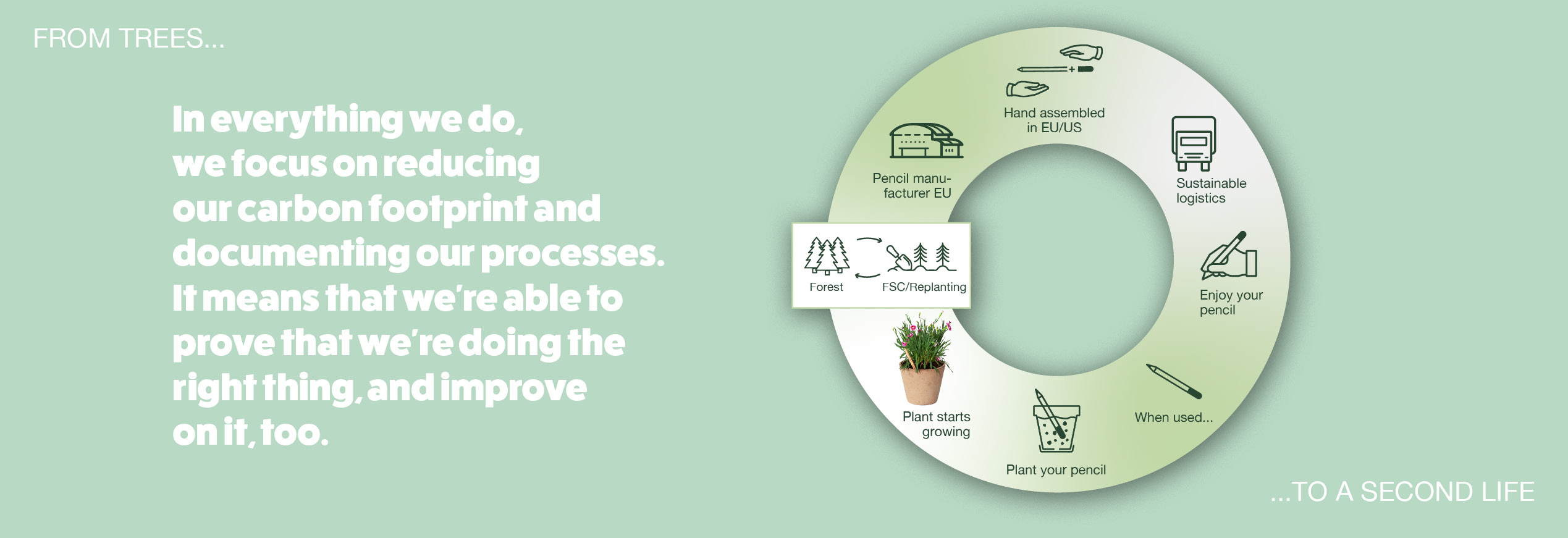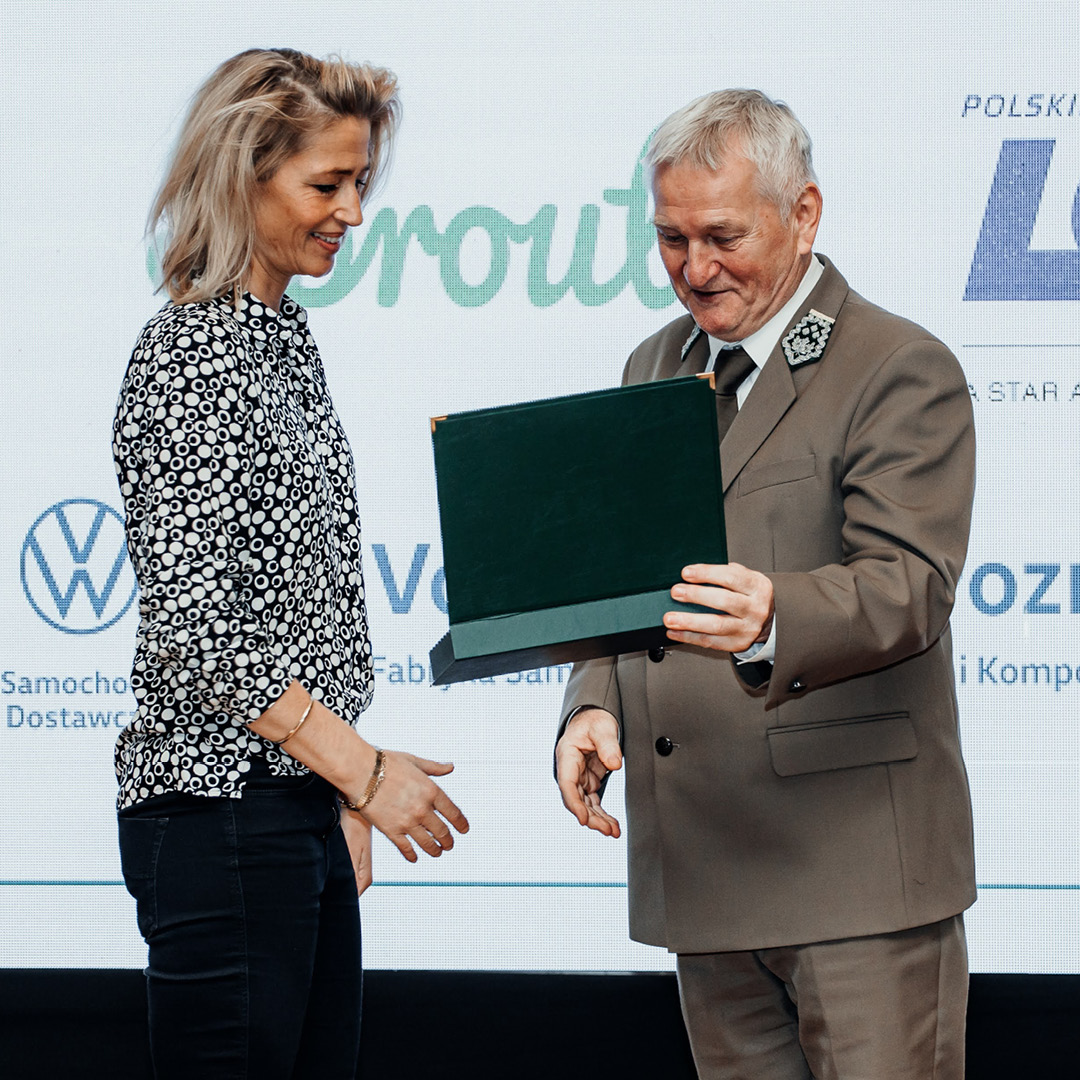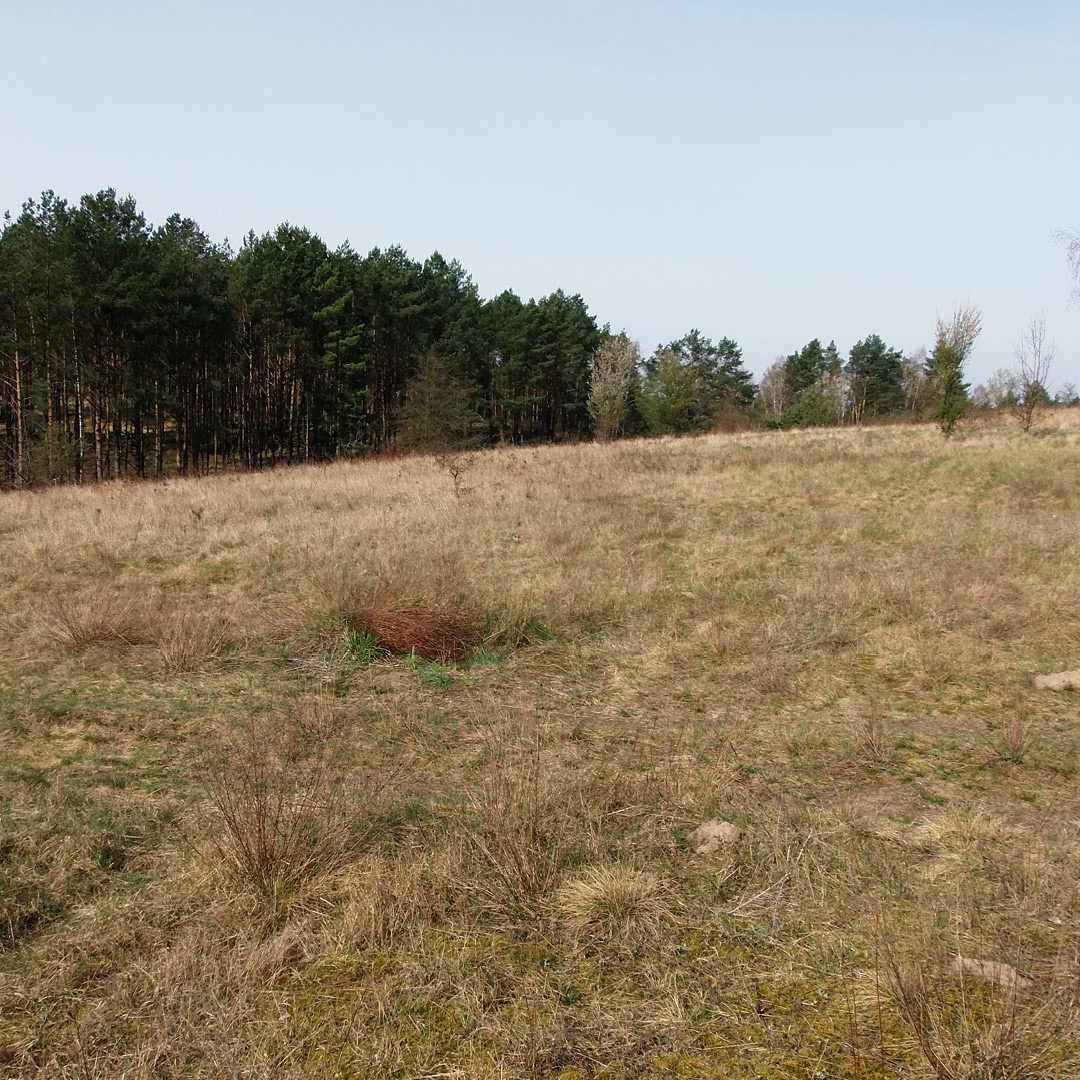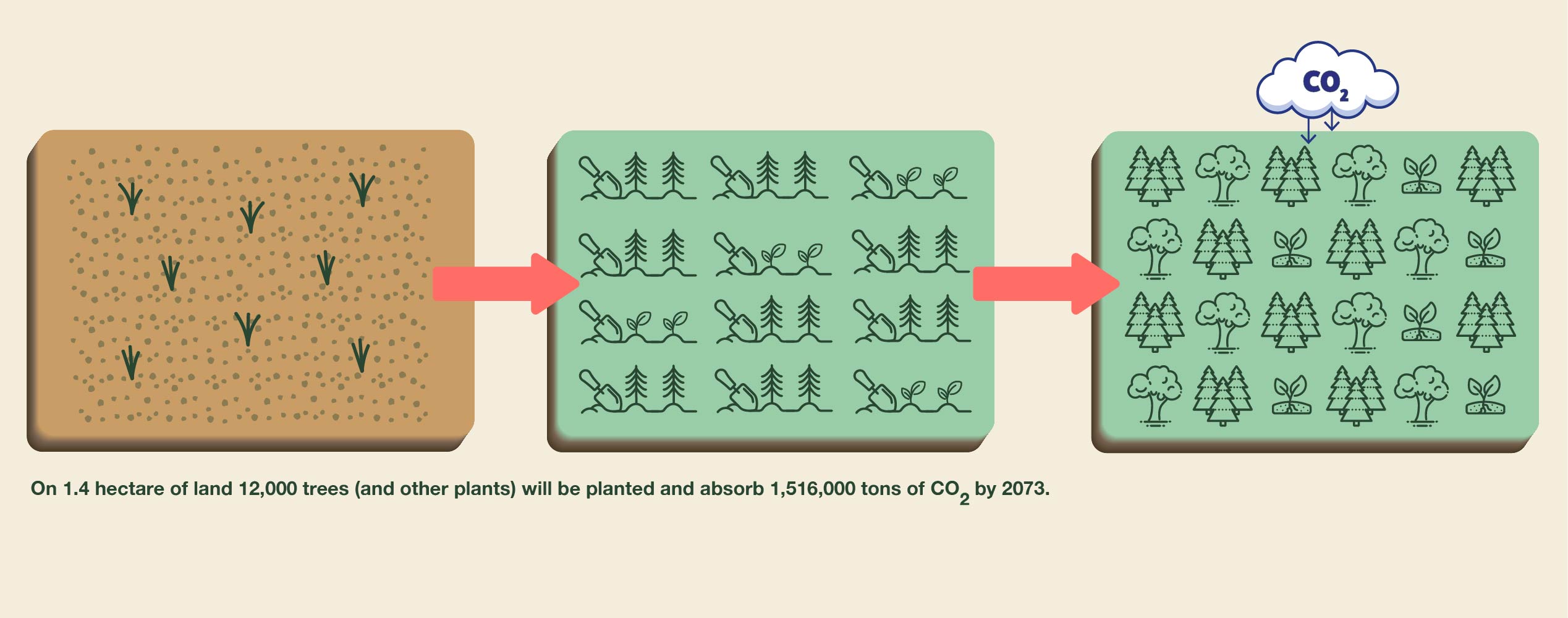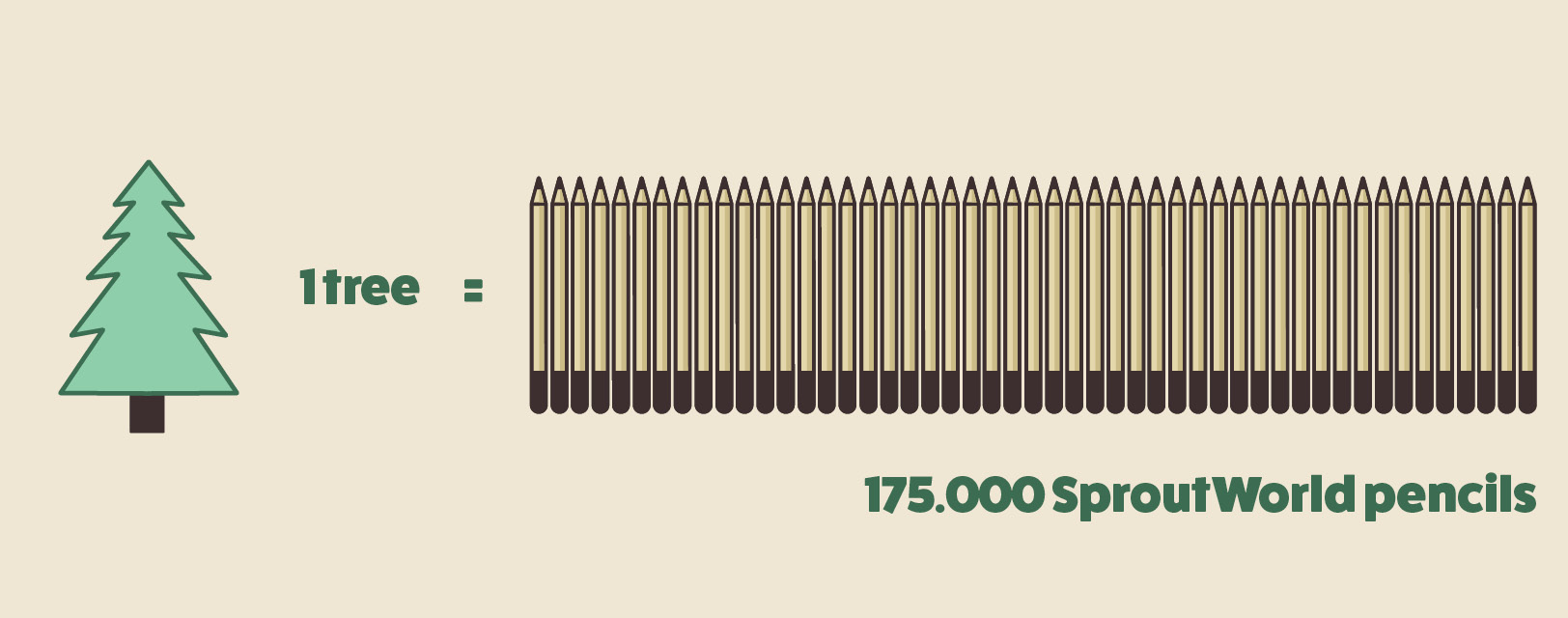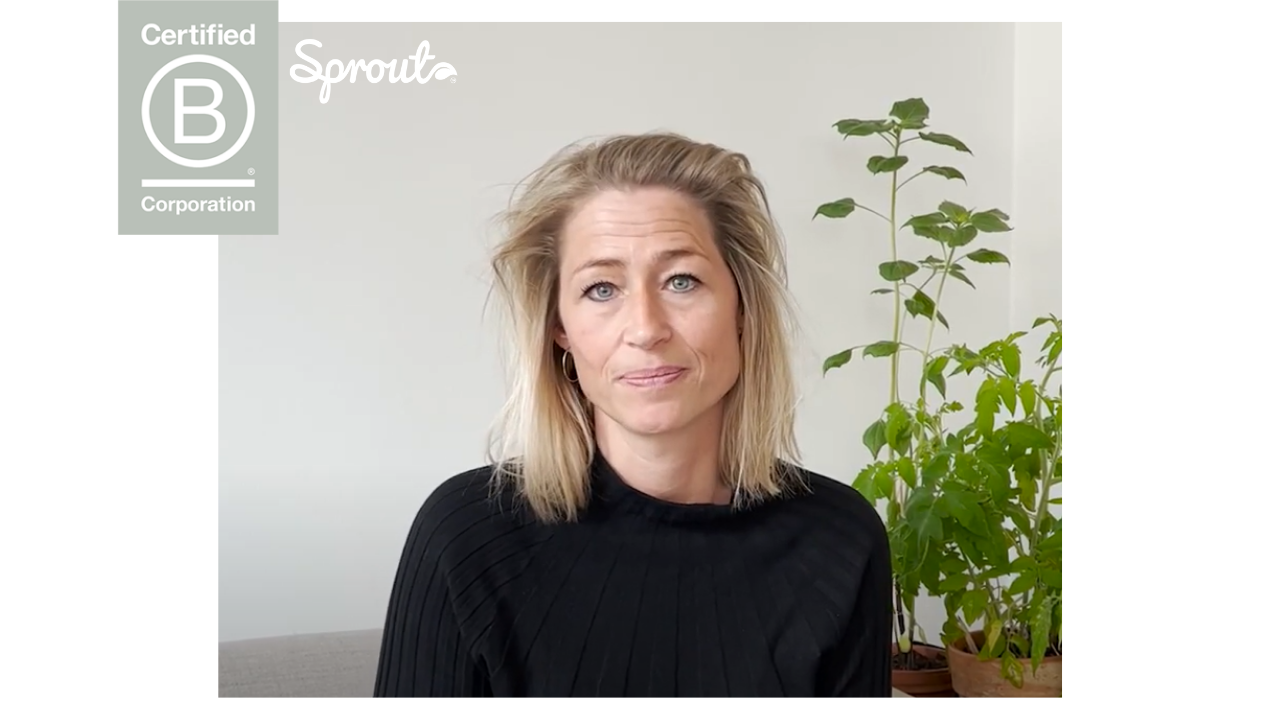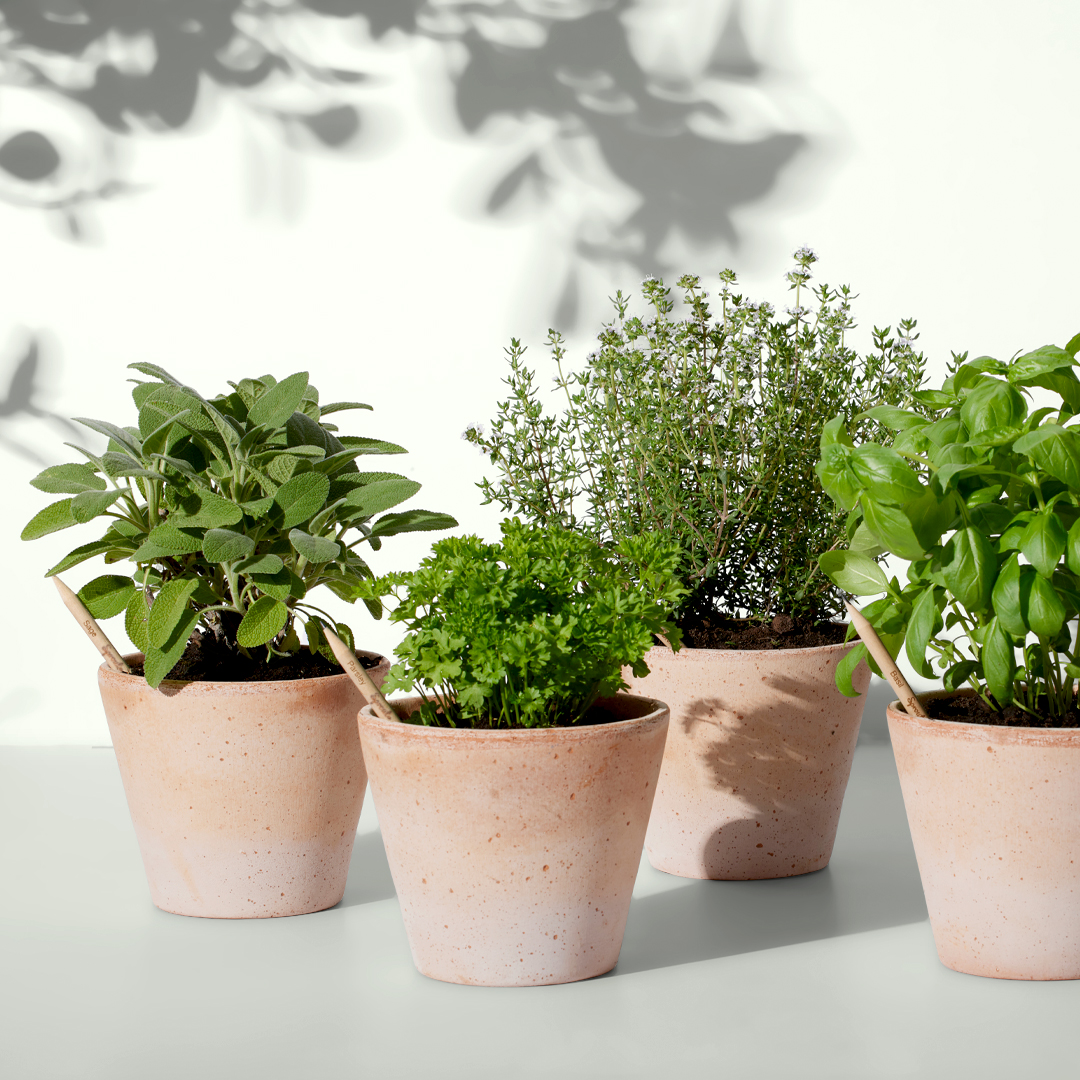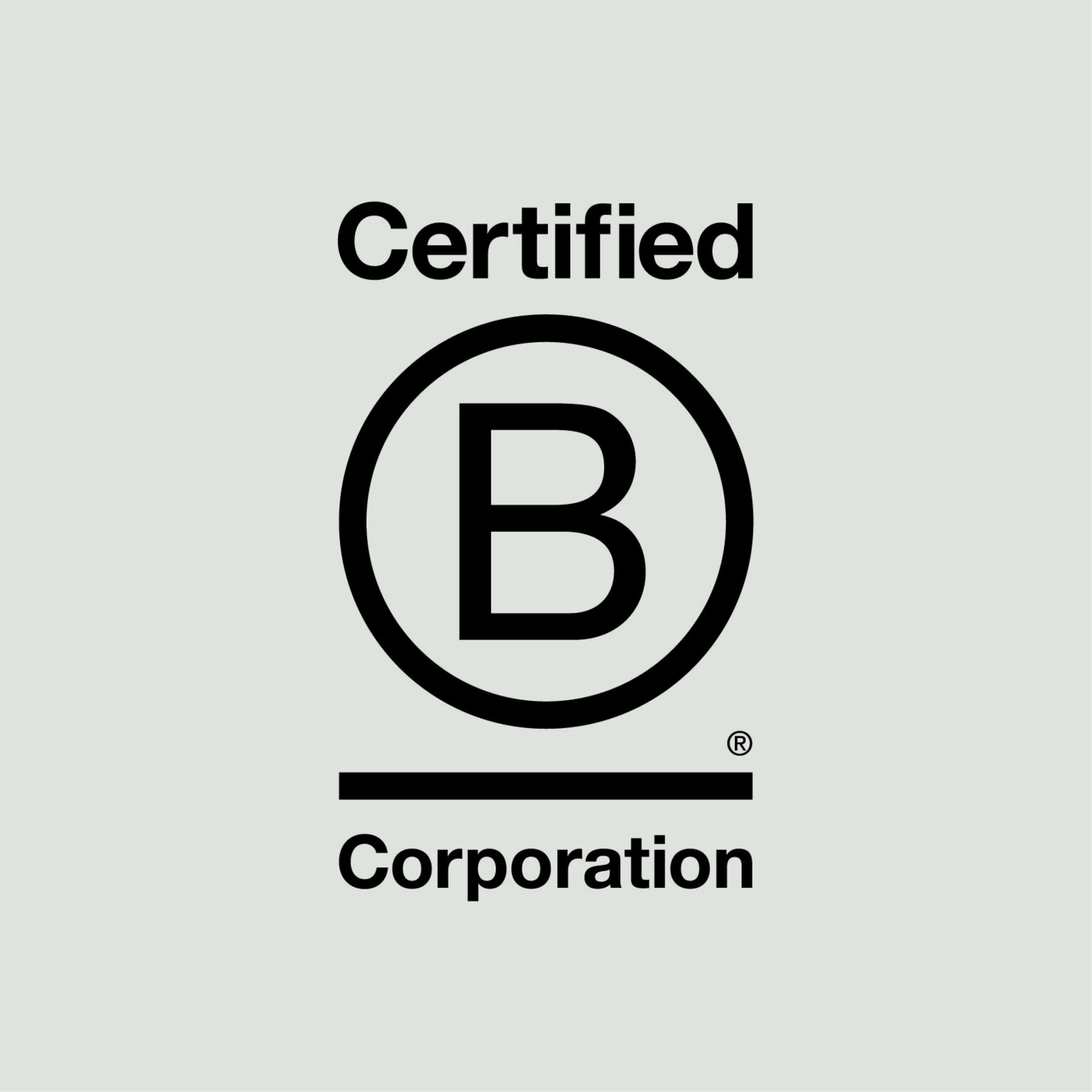
“Be original – don’t die a copy”
- on why the patent is the cornerstone of my business.
SproutWorld is a business that’s built around a worldwide patent on “plantable writing instruments”. CEO and founder Michael Stausholm explains what the patents mean to his business, brand, and clients, and how SproutWorld works continuously to protect it.
How did the SproutWorld pencil become a patented invention?
In 2012, a group of MIT students was given the task to invent “a sustainable office tool of tomorrow”. They came up with the idea of a plantable pencil. The students had taken out a provisional patent when they put the pencil up on Kickstarter, and I found it there.
I liked the idea so much that I purchased the IP rights from the students and founded SproutWorld.
How was the process of taking out the patents?
I applied (through lawyers) for patents in Europe, the United States, Canada, Australia, China, and several other markets in Asia. The last of these (the Chinese patent) was granted in March 2020. SproutWorld also has a globally registered trademark, including in smaller markets such as India and Vietnam, for items like stationary, kitchen utensils and makeup. I had absolutely no experience in IP or patents when I founded SproutWorld. My background is in shipping and I spent 15 years in Asia in production and sales. We hired some very good U.S. patent lawyers and trademark lawyers as well.
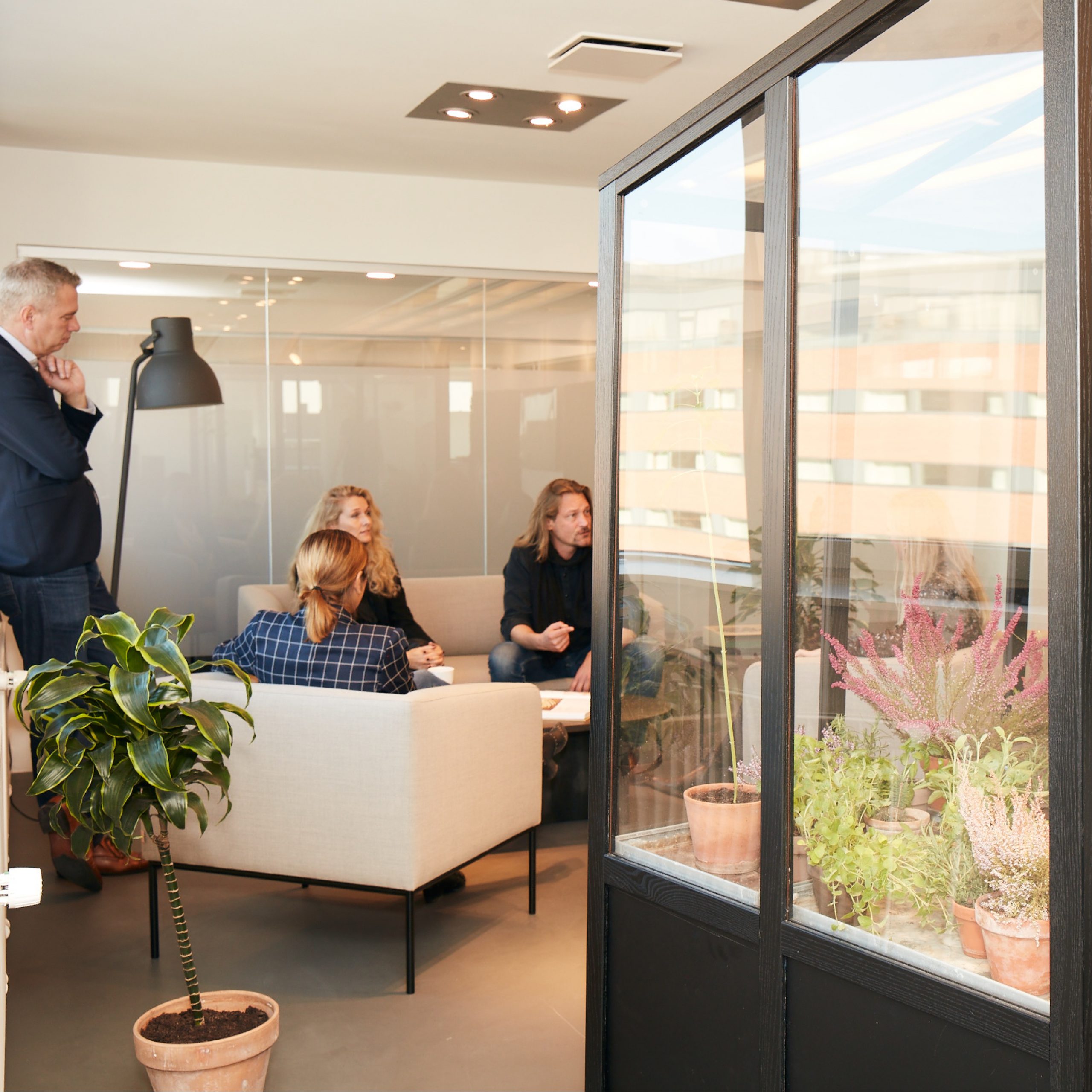
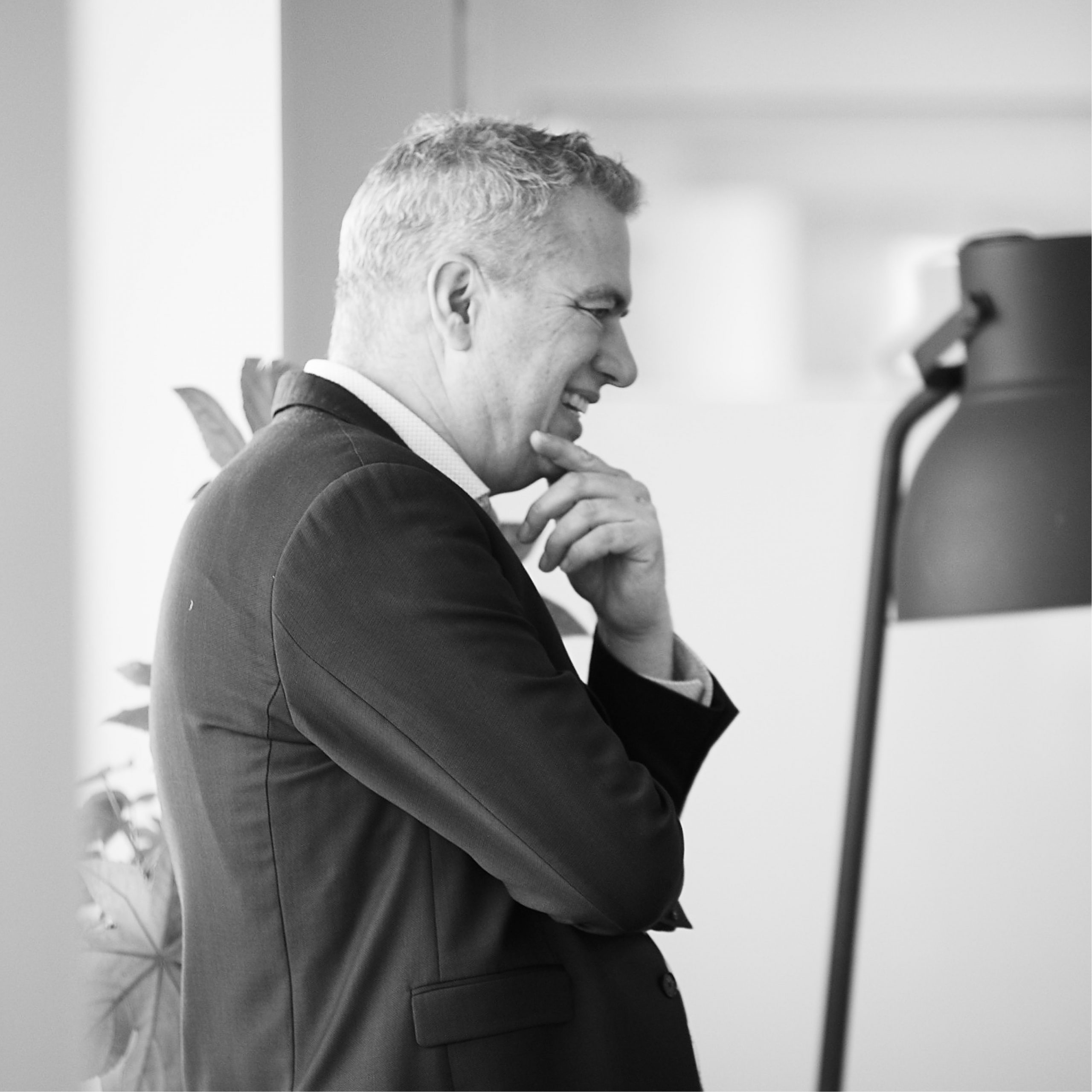
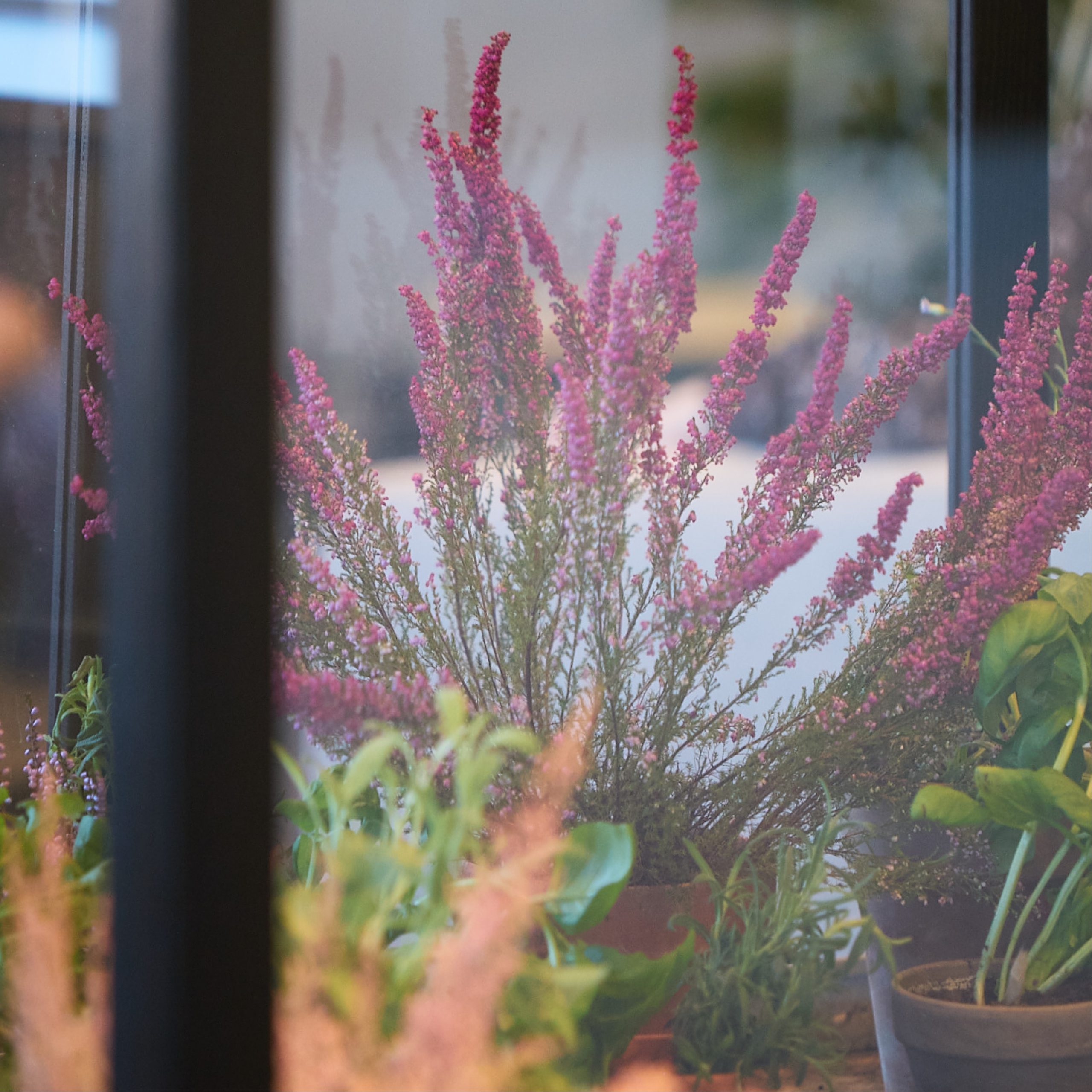
Are there any downsides to taking out a patent?
It took us years to get all the patents we applied for, which is a challenge because being patent pending only makes it much harder to pursue copyists. Only once patents are granted like we have now, can you pursue legal action against copy sellers.
Patents are also very costly, both the patents but also the lawyer’s fees. We’ve spent at least €200.000 getting our patents. It also took a very long time, especially for the Chinese patent, which took almost eight years in total. Australia was first, and the U.S. patent was granted in 2016 or 2017.
Why is the patent so important to SproutWorld?
It’s the cornerstone in my business. It ensures that nobody can make the same plantable products as we do, and this uniqueness is the DNA of our brand. It’s what our customers pay for and the guarantee that our pencils and eyeliners are original, of high quality, sustainable and produced in the EU and USA under ethical working conditions.
What do you do to protect the brand and patent?
We do a lot, and on a daily basis. It’s necessary because while platforms like Amazon and Alibaba have helped to grow SproutWorld, they have also contributed to widespread counterfeiting, which not only comes with financial loss but reputational harm.
Counterfeit products are a huge problem, especially in China and other Asian countries. We started using an artificial intelligence software called Red Points about two years ago. It manages all the platforms – Alibaba, Amazon, Google, Etsy – and whenever it encounters a copied product or a trademark or copyright infringement, it will directly contact both the seller and the platform. Very often, it manages to remove the counterfeits right away, and that has helped us tremendously. Not only do we no longer need an in-house person doing it, but it also catches many more products than we ever could. It searches 24-7 for fakes.
What advice would you give other startups like yours with regarding the role of IP’s and patents?
I think a lot of startups are hesitant to take out patents and trademarks because it costs a lot of money up front, but the truth is it will cost more money in the long run not to.
SproutWorld is a good example—if we didn’t have the patent, we would never have got to work with great brands like Bank of America, Disney, Coca Cola or IKEA, because they would be able to buy a cheap copy from China at half the cost. We have these customers because we have the patents, and an IP is important to those companies. So, it’s not a question of whether you can afford to take out an IP, it’s a question of whether you can afford not to.
What role do consumers play in the problem with counterfeit products?
I do think consumers have a responsibility; fake copies are only such a big industry because there’s a huge demand. By buying counterfeited products of mediocre quality, you as a consumer choose to disregard what the product is made of, how it’s produced and under what circumstances. You also support the loss of jobs and potentially helping illegal organizations. I still think most people that buy copies are unaware of this and that’s why more regulation and especially more information about the downsides of counterfeit products is required.
